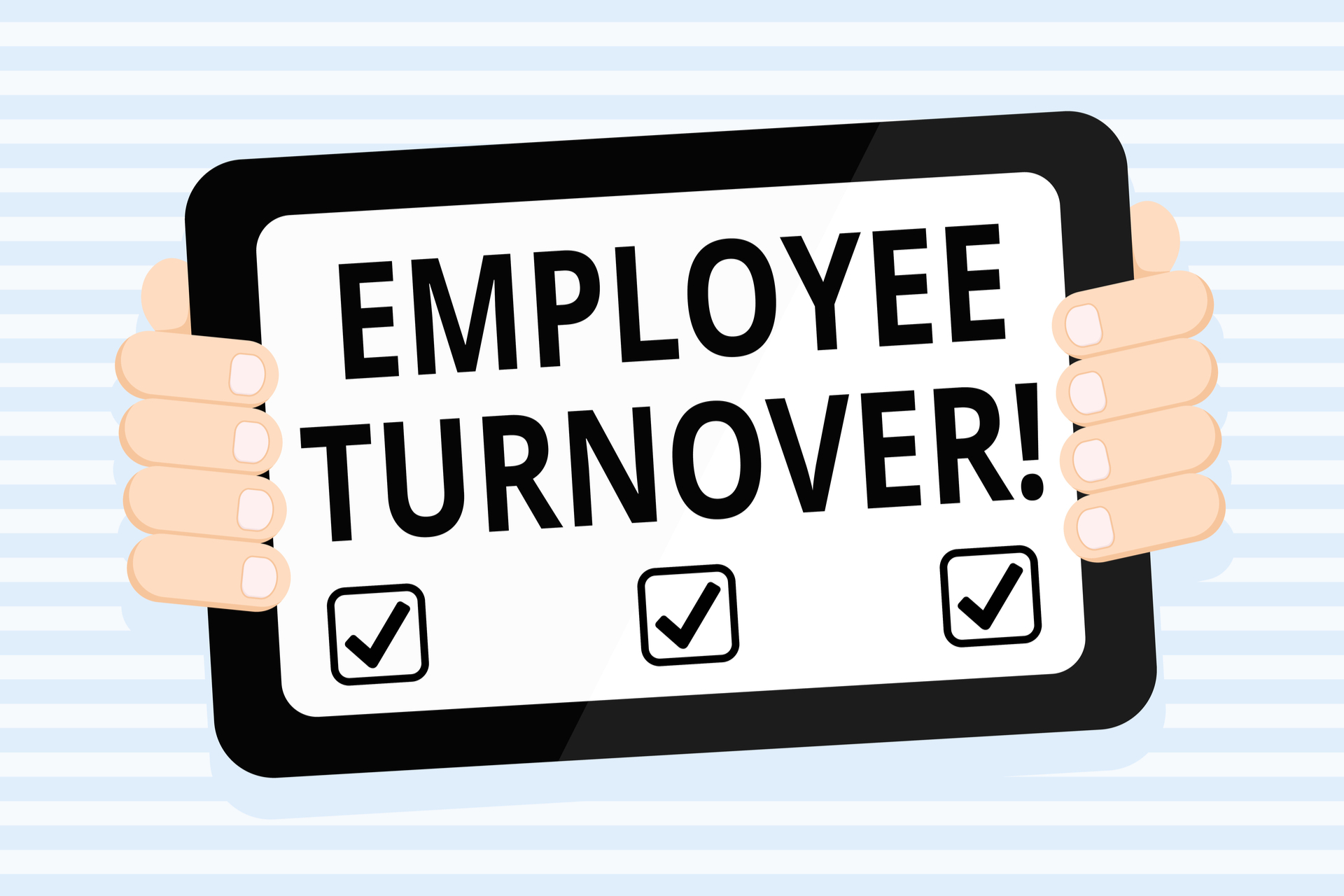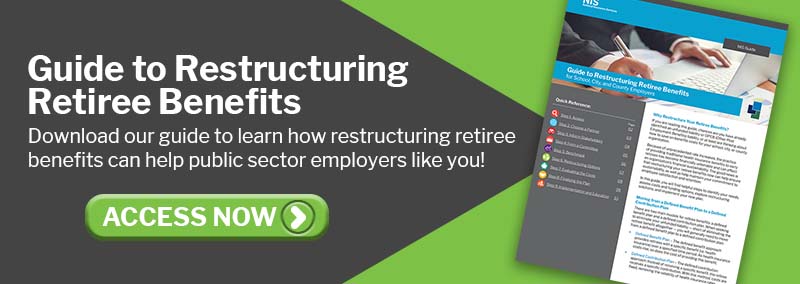3 minute read
As the COVID-19 pandemic is getting under control, life is returning to pre-pandemic normalcy. Unfortunately for employers looking to retain employees, some employees are now ready to find new jobs.
Experts are predicting a “turnover tsunami” coming in the latter half of 2021. During the pandemic, employees clung to their jobs for financial security having seen countless others get furloughed or laid off. Now employees are taking stock of their current situations and contemplating what they really want out of their jobs.
Here are some of the most coveted changes workers are looking for post-pandemic.
Burnout Protection
The pandemic has left many employees feeling overworked and burned out. As businesses begin to reopen, workloads are likely to increase rather than decrease. Employees may be looking for more time off, more mental health resources, and other resources to help them combat stress.
Increase Compensation
Compensation was an employee motivator before the pandemic but it’s particularly important now. The most recent example were those essential workers like fast food and retail workers. They worked amid reduced staff, strict constraints, and elevated dangers.
Now many industry workers are demanding better benefits and pay for their continued efforts and many have walked out or quit when their efforts are disregarded. According to an Achievers Workforce Institute report, 35% of surveyed employees said they would leave their current jobs for better compensation and benefits.
Hybrid/Remote Work
At the beginning of the pandemic, many employees were forced to work from home. And as businesses reopen, many are reluctant to return now that they have experienced greater flexibility and autonomy.
Employees still want some remote work opportunities. Forty-seven percent of employees said they would leave their current jobs if they had to return to the workplace, according to an Envoy survey. And 41% of employees would take a slight salary cut and take a new job that offered them a hybrid work model (work some days at home, some in the office).
Turnover Prevention Considerations
The pandemic has brought about a feeling of restless to a significant number of employees in their current roles. Many don’t feel very engaged and more reported feeling even less connected to their workplace now then at the beginning of the workplace.
Here are some changes that employers may want to consider implementing to keep happy employees:
- Increase compensation or bonuses
- Provide remote or hybrid work arrangements
- Expand employee assistance programs to help with mental health, stress, and employee burnout
- Have managers meet more frequently with employees about engagement levels and ways to improve them
Employers may also want to consider surveying employees which could give ideas on ways to improve retention without breaking the bank.
Download the bulletin for more details.
This blog is intended to be a compilation of information and resources pulled from federal, state, and local agencies. This is not intended to be legal advice. For up to the minute information and guidance on COVID-19, please follow the guidelines of the Centers for Disease Control and Prevention (CDC) and your local health organizations.

